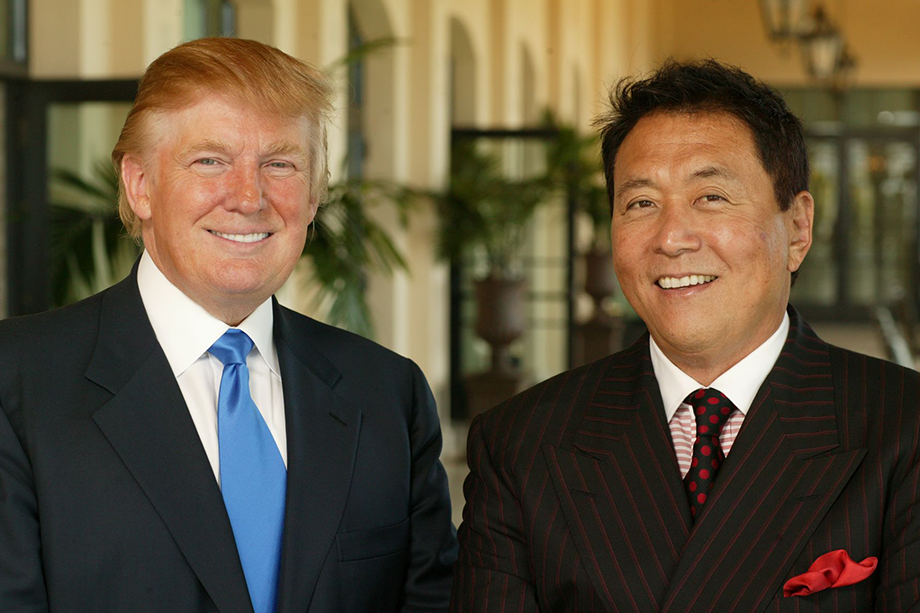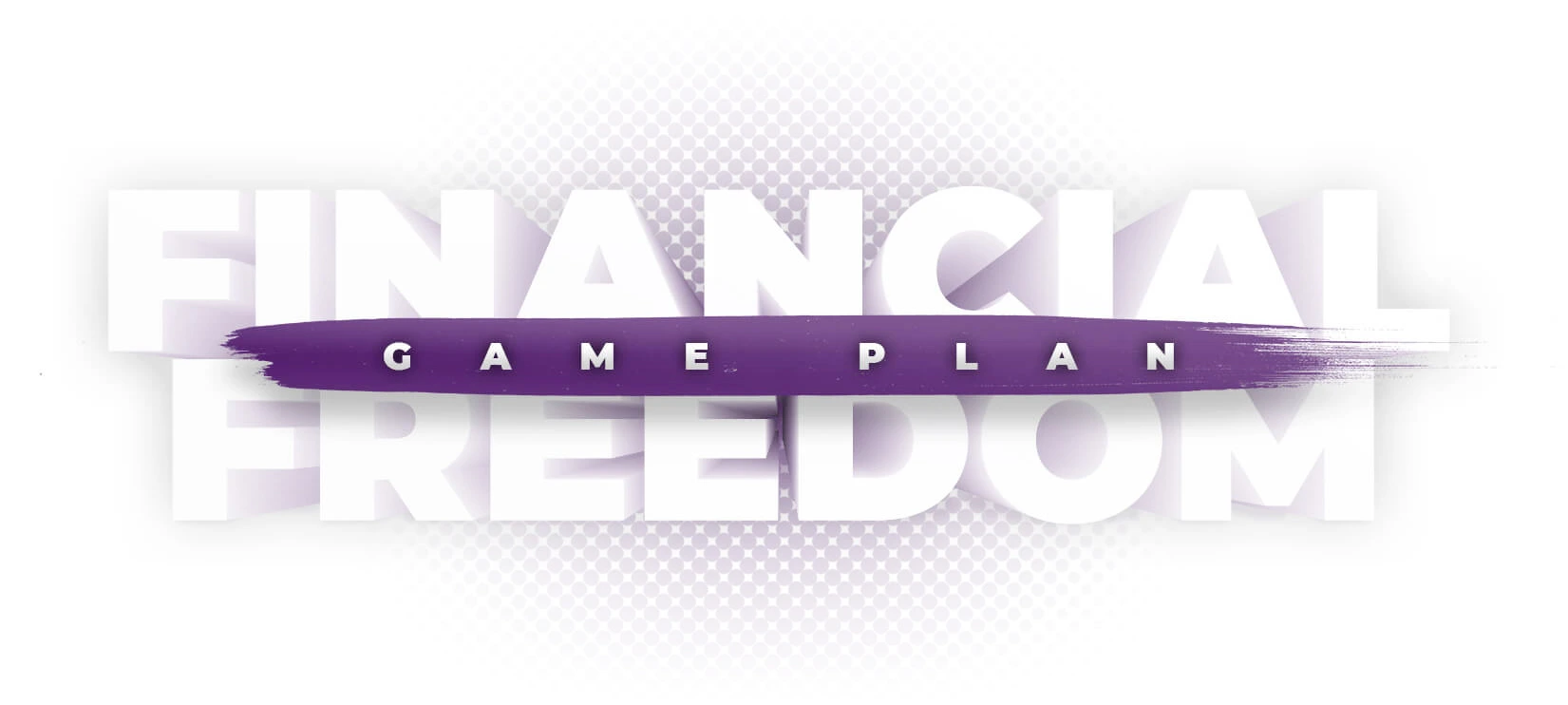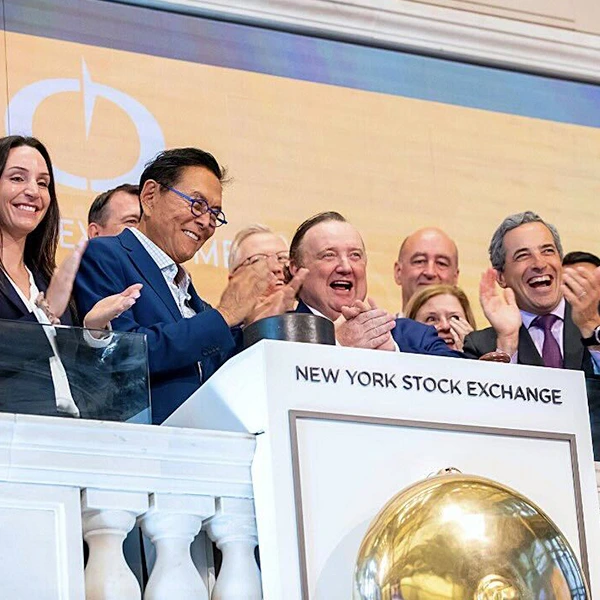
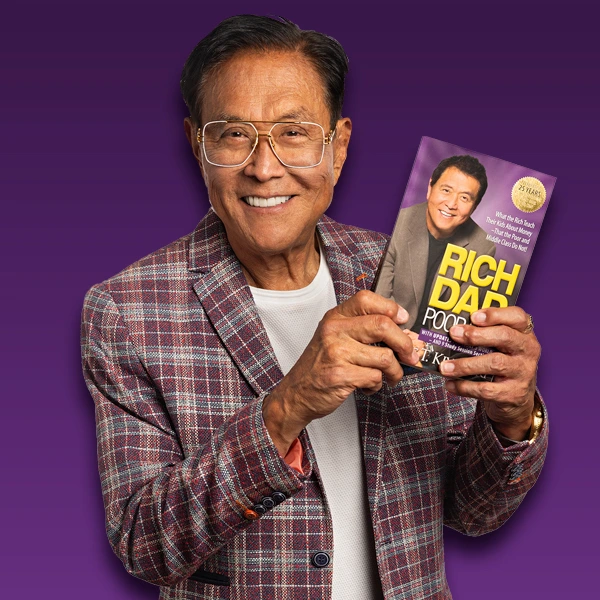
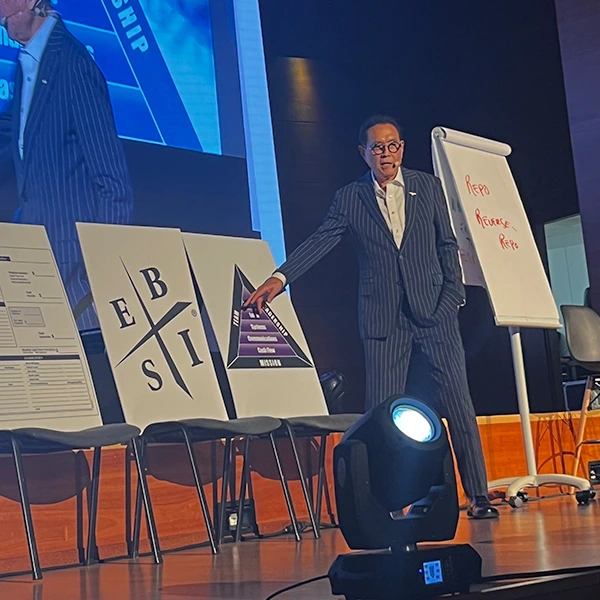
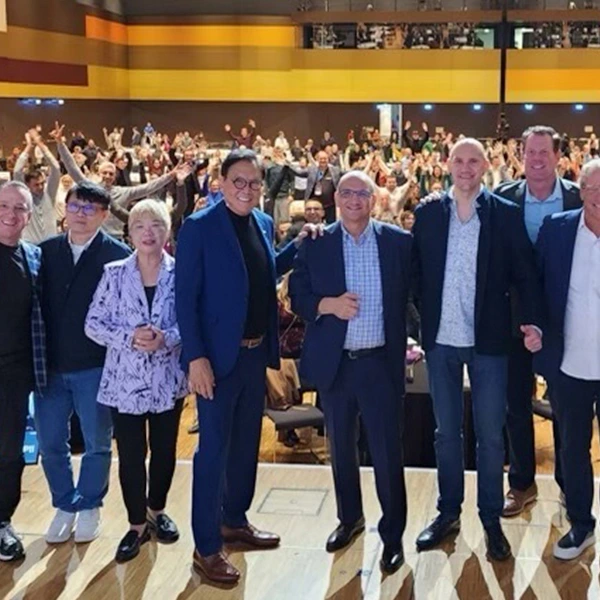
Robert Kiyosaki was born in Hilo, Hawaii into a family of Japanese-American heritage. His formative years were influenced by his father, Ralph H. Kiyosaki, who was a highly educated man with a Ph.D. in Education. Despite his father’s academic achievements, the Kiyosaki family was far from rich.
Robert’s life changed dramatically when at the age of 9 he met his “Rich Dad,” his best friend Mike’s father. Rich dad was a successful entrepreneur and investor who shared crucial financial insights with Robert and his son while playing the board game Monopoly.
Having two dads — with two very different points of view on money — who influenced Robert was difficult. He wanted to be a good son and listen to his father, but he was hungry to learn about money… a subject on which his two dad’s opinions differed greatly. The contrast in their points of view, particularly about money and the paths of employee or entrepreneur or investor, were so extreme that he spent long periods of time thinking about what each was saying… and testing their theories and philosophies.
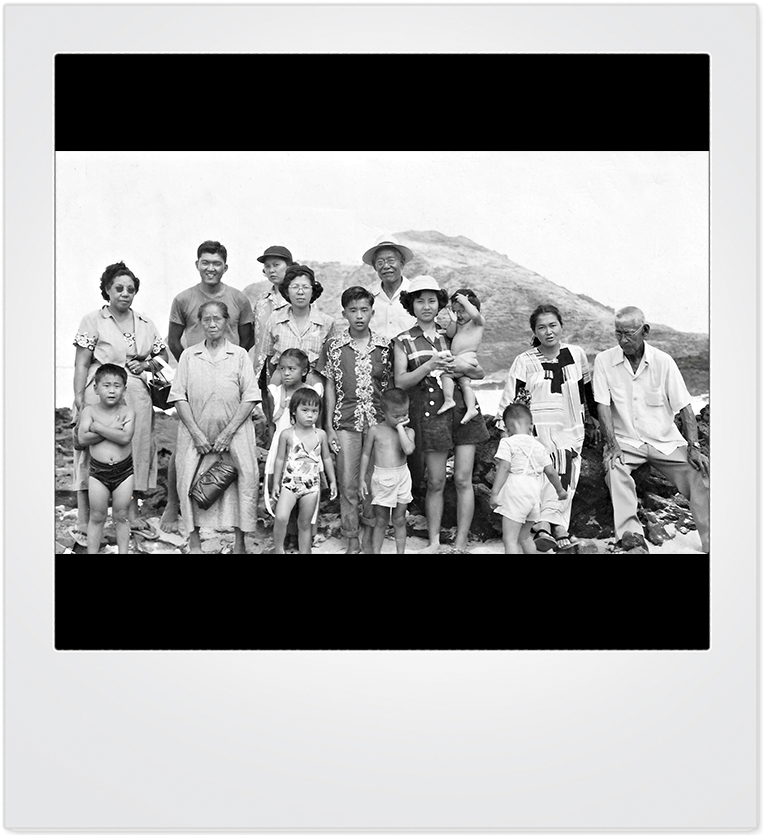
Robert Kiyosaki was born in Hilo, Hawaii into a family of Japanese-American heritage. His formative years were influenced by his father, Ralph H. Kiyosaki, who was a highly educated man with a Ph.D. in Education. Despite his father’s academic achievements, the Kiyosaki family was far from rich.
Robert’s life changed dramatically when at the age of 9 he met his “Rich Dad,” his best friend Mike’s father. Rich dad was a successful entrepreneur and investor who shared crucial financial insights with Robert and his son while playing the board game Monopoly.

Having two dads — with two very different points of view on money — who influenced Robert was difficult. He wanted to be a good son and listen to his father, but he was hungry to learn about money… a subject on which his two dad’s opinions differed greatly. The contrast in their points of view, particularly about money and the paths of employee or entrepreneur or investor, were so extreme that he spent long periods of time thinking about what each was saying… and testing their theories and philosophies.
Robert Kiyosaki was born in Hilo, Hawaii into a family of Japanese-American heritage. His formative years were influenced by his father, Ralph H. Kiyosaki, who was a highly educated man with a Ph.D. in Education. Despite his father’s academic achievements, the Kiyosaki family was far from rich.
Robert’s life changed dramatically when at the age of 9 he met his “Rich Dad,” his best friend Mike’s father. Rich dad was a successful entrepreneur and investor who shared crucial financial insights with Robert and his son while playing the board game Monopoly.

Having two dads — with two very different points of view on money — who influenced Robert was difficult. He wanted to be a good son and listen to his father, but he was hungry to learn about money… a subject on which his two dad’s opinions differed greatly. The contrast in their points of view, particularly about money and the paths of employee or entrepreneur or investor, were so extreme that he spent long periods of time thinking about what each was saying… and testing their theories and philosophies.
Robert attended college at the U.S. Merchant Marine Academy at Kings Point in New York state where he earned a Bachelor of Science degree and a commission as a second lieutenant in the United States Marine Corps. After graduation, Robert turned down a well-paying job with Standard Oil and chose to enlist in the Marine Corps to train as a helicopter pilot who would be deployed to fight in the Vietnam War.
His service in the military ended in 1973, again leaving Robert with a choice to make. While his poor dad suggested that he go back to school and get his Master’s degree, his rich dad suggested he learn the number-one skill of an entrepreneur — how to sell.
Undecided, Robert chose to do both. He went to work for the Xerox Corporation during the day (where he eventually rose to become the company’s top salesperson in Hawaii) while he also began taking courses in an MBA program at night. It took only six months for him to realize he had made a mistake entering the MBA program.
Why? The main reason Robert left the MBA program was an insight that he would carry into later life: The lackluster caliber of the teachers. The instructors weren’t business owners and had no real-world experience. They were professional teachers teaching business courses from “book knowledge” alone. None of them brought any real-world experience to the subject they taught. Later in life he would revisit this as he taught and inspired millions of people when he cautioned them to “chose your teachers wisely.” Real-world experience —having actually done, successfully, what you’re teaching— was the criteria that Robert would use in choosing his own teachers and advisors.

Robert Kiyosaki was born in Hilo, Hawaii into a family of Japanese-American heritage. His formative years were influenced by his father, Ralph H. Kiyosaki, who was a highly educated man with a Ph.D. in Education. Despite his father’s academic achievements, the Kiyosaki family was far from rich.
Robert’s life changed dramatically when at the age of 9 he met his “Rich Dad,” his best friend Mike’s father. Rich dad was a successful entrepreneur and investor who shared crucial financial insights with Robert and his son while playing the board game Monopoly.

Having two dads — with two very different points of view on money — who influenced Robert was difficult. He wanted to be a good son and listen to his father, but he was hungry to learn about money… a subject on which his two dad’s opinions differed greatly. The contrast in their points of view, particularly about money and the paths of employee or entrepreneur or investor, were so extreme that he spent long periods of time thinking about what each was saying… and testing their theories and philosophies.
Robert Kiyosaki was born in Hilo, Hawaii into a family of Japanese-American heritage. His formative years were influenced by his father, Ralph H. Kiyosaki, who was a highly educated man with a Ph.D. in Education. Despite his father’s academic achievements, the Kiyosaki family was far from rich.
Robert’s life changed dramatically when at the age of 9 he met his “Rich Dad,” his best friend Mike’s father. Rich dad was a successful entrepreneur and investor who shared crucial financial insights with Robert and his son while playing the board game Monopoly.

Having two dads — with two very different points of view on money — who influenced Robert was difficult. He wanted to be a good son and listen to his father, but he was hungry to learn about money… a subject on which his two dad’s opinions differed greatly. The contrast in their points of view, particularly about money and the paths of employee or entrepreneur or investor, were so extreme that he spent long periods of time thinking about what each was saying… and testing their theories and philosophies.
The time spent at Xerox ignited his entrepreneurial drive. He learned that he could sell… and also discovered the entrepreneurial spirit burned within him. After leaving Xerox, he created the company Rippers, with his brother. Rippers was the first company to bring to market the nylon and Velcro® “surfer” wallet. Though the product was an instant success, the business was not. His first foray into the business world was not without its setbacks, including periods of financial struggle which almost forced him into bankruptcy.
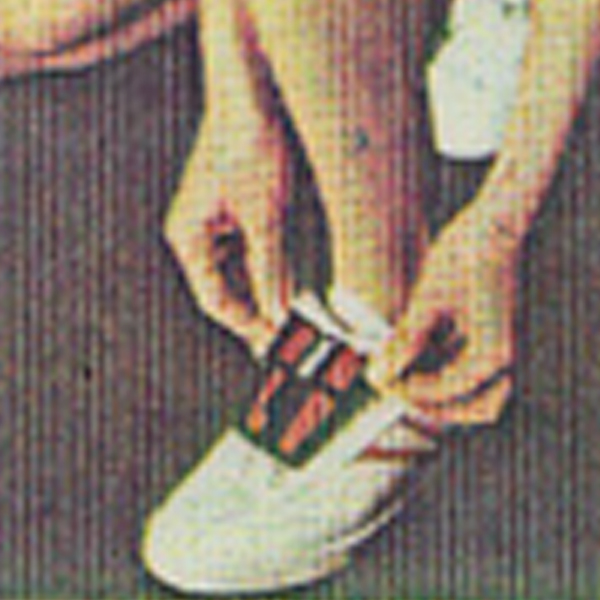
It was during the early 1980s when Robert met and studied with R. Buckminster Fuller — a futurist, visionary, inventor, architect, and humanitarian. Bucky, as he was often called, had an immediate and immense impact on Robert.
Shortly after Fuller’s death in July of 1983, Robert read Bucky’s final book, Grunch of Giants. Bucky’s teachings in Grunch left such a strong imprint on Robert’s life that he continues to discuss them throughout many of his own books more than 30 years later.
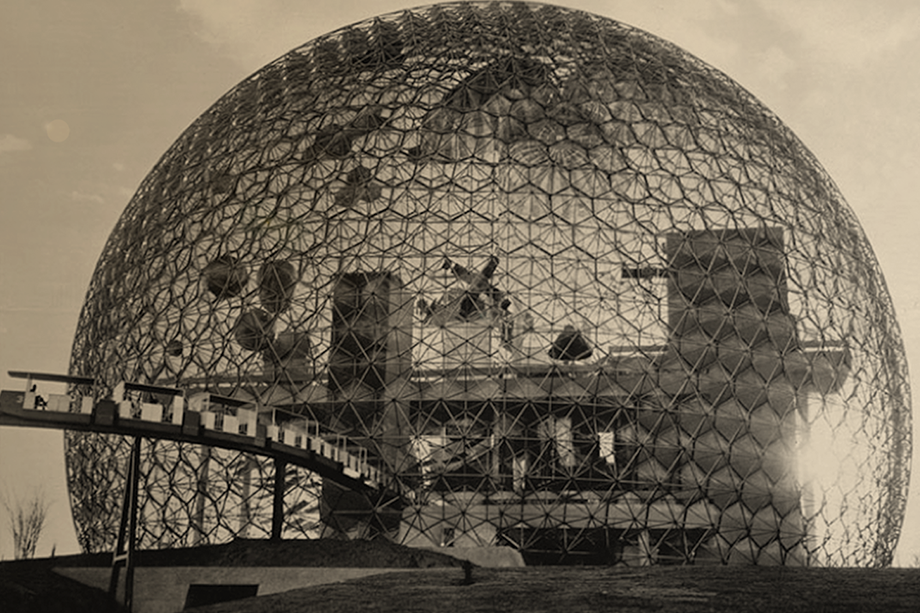
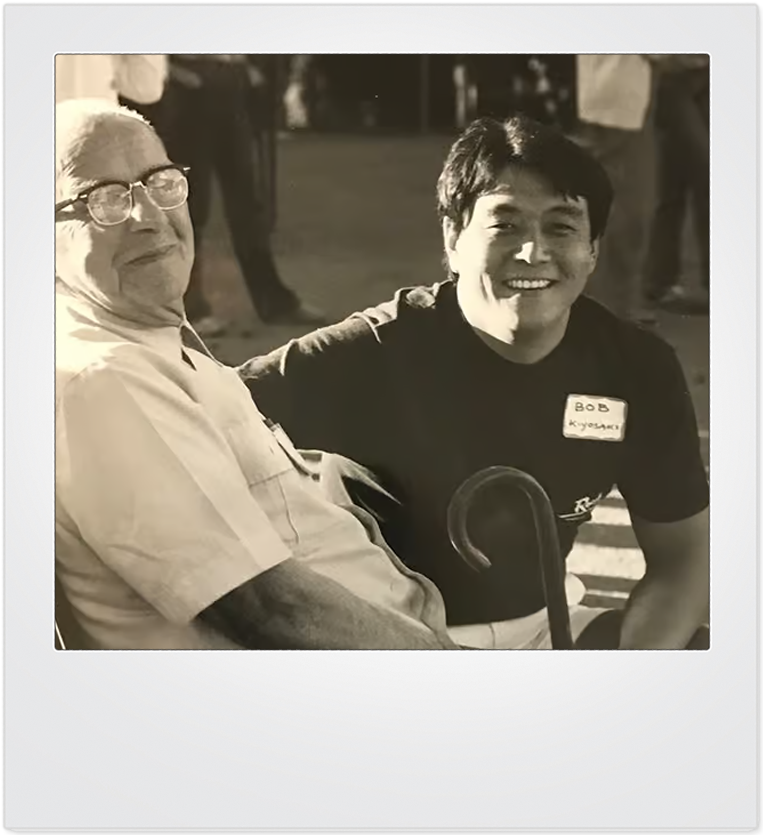


In 1997, Robert Kiyosaki achieved widespread recognition with the release of his seminal book, Rich Dad Poor Dad. The book, which has since become an international bestseller published in virtually every language and sold in every corner of the world, challenges conventional beliefs about money and advocates for financial education as a pathway to wealth.
Rich Dad Poor Dad recounts the story of Robert’s upbringing, highlighting the stark differences in the financial philosophies of his two father figures. The book examines fundamental insights into the importance of assets, liabilities, and passive income. Kiyosaki’s no-nonsense writing style, gift for simplifying complex ideas and subjects, and use of relatable anecdotes resonated with a broad audience. In learning Robert’s personal story, people of all ages around the world came to believe that they too could find a path to taking control of their financial future — and aspire to financial freedom for themselves and their families. The groundswell that has made Rich Dad Poor Dad the #1 Personal Finance book of all time, made that book a cornerstone — an enduring and time-tested classic — for those seeking financial literacy and independence.
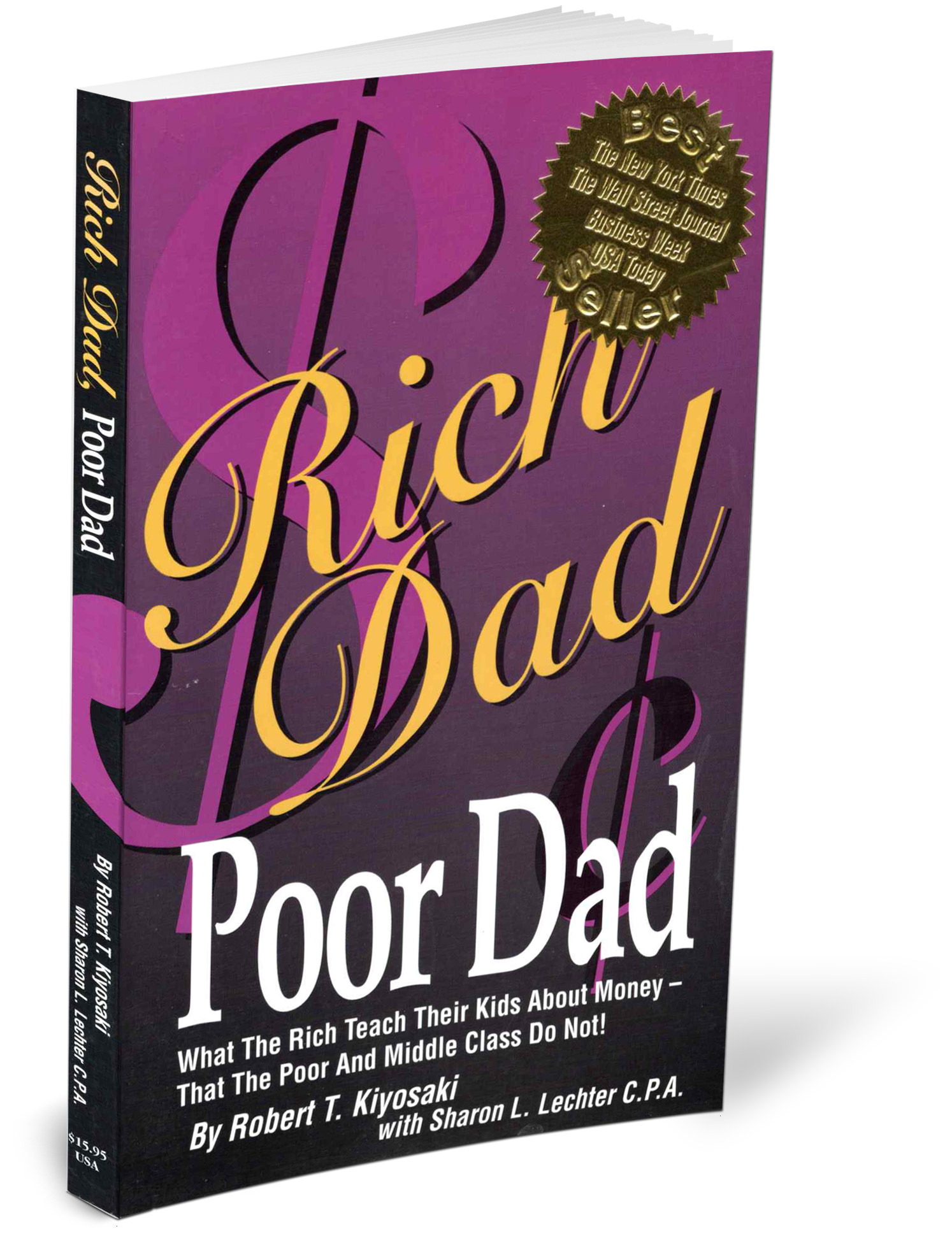
In the wake of the success of Rich Dad Poor Dad, Robert co-founded The Rich Dad Company with Kim Kiyosaki. They created the company on a shared vision and mission to elevate the financial well-being of humanity. The company’s offerings began with books, games, and seminars, but grew to include coaching programs, digital courses, live and livestream events and newsletters— all aimed at empowering people to take control of their financial destinies. Robert also hosts the Rich Dad Radio Show podcast — The Good News and the Bad News about Money.
Kiyosaki’s teachings emphasize the importance of having money work for you. He encourages individuals to invest in assets, generate passive income, and adopt a mindset that fosters life-long learning on a path to financial independence. Through the Rich Dad brand, Kiyosaki has become a leading voice in the financial education space, influencing millions of people around the world to rethink the way they think about money… and the actions they take to make their money work for them.
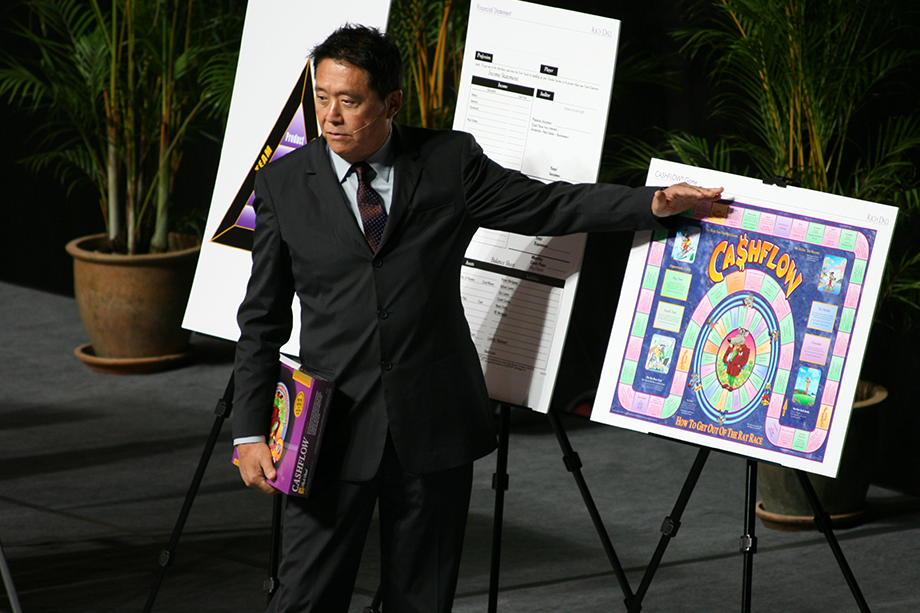
In the wake of the success of Rich Dad Poor Dad, Robert co-founded The Rich Dad Company with Kim Kiyosaki. They created the company on a shared vision and mission to elevate the financial well-being of humanity. The company’s offerings began with books, games, and seminars, but grew to include coaching programs, digital courses, live and livestream events and newsletters— all aimed at empowering people to take control of their financial destinies. Robert also hosts the Rich Dad Radio Show podcast — The Good News and the Bad News about Money.

Kiyosaki’s teachings emphasize the importance of having money work for you. He encourages individuals to invest in assets, generate passive income, and adopt a mindset that fosters life-long learning on a path to financial independence. Through the Rich Dad brand, Kiyosaki has become a leading voice in the financial education space, influencing millions of people around the world to rethink the way they think about money… and the actions they take to make their money work for them.
A key tenet of Kiyosaki’s investment philosophy is the distinction between assets and liabilities. He advocates for the acquisition of income-generating assets, such as real estate and businesses, as a means to build wealth. Robert himself has been an active real estate investor for decades, leveraging his understanding of debt and taxes to make better investment decisions.
Though he used real estate and business as the primary means to gain financial freedom, Robert has shared insights into other investment vehicles, including precious metals, entrepreneurship, and even cryptocurrencies. His diverse portfolio reflects a holistic approach to wealth-building that goes beyond traditional savings and employer-funded 401(k) programs or pensions.
It is undeniable that Robert Kiyosaki continues to have a profound impact on the way people around the world think about money and investing. His advocacy for financial education as a fundamental aspect of personal development has inspired multiple generations to take control of their financial futures.
Robert is the author of 32 books, including two books with Donald Trump, prior to his election as President of the United States. Robert has been a featured guest with media outlets in every corner of the world. He is a world-renowned speaker, a lifelong student and a dedicated teacher, and an outspoken and passionate global advocate for financial literacy.
